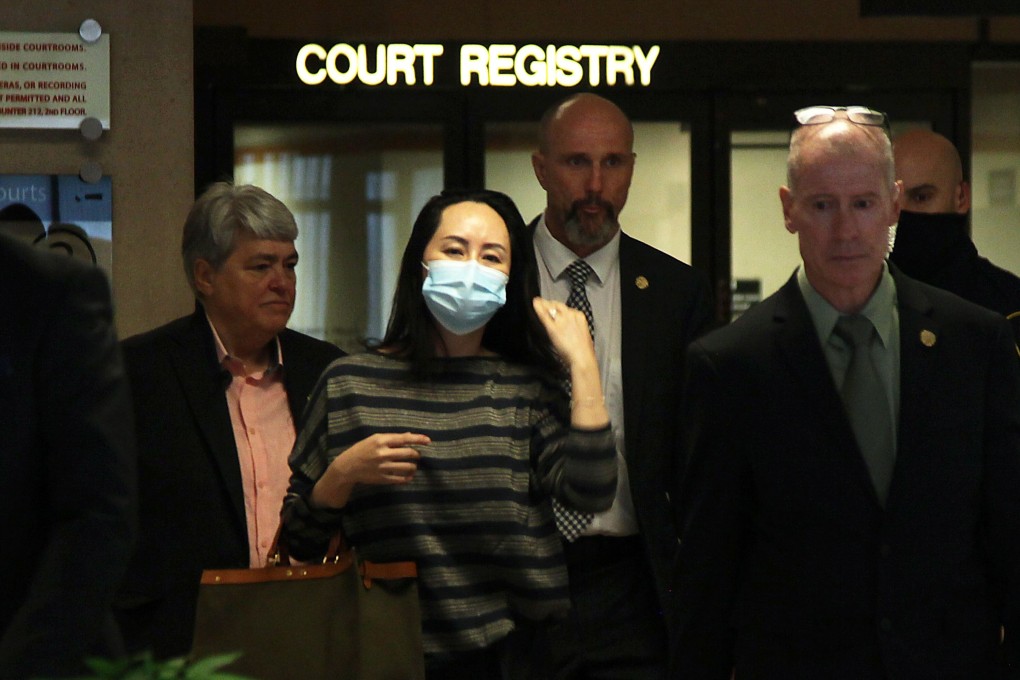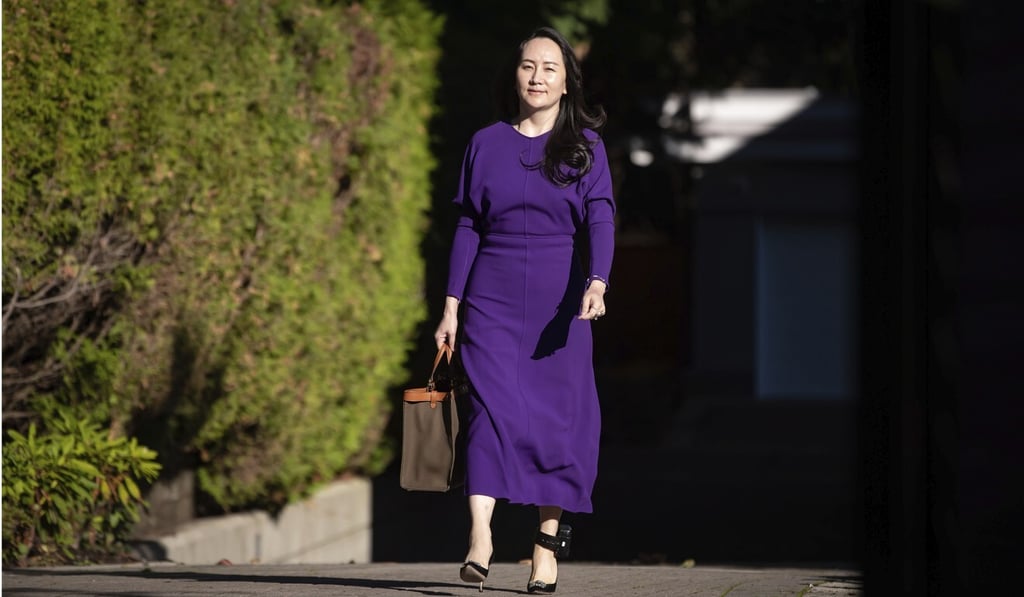Huawei’s Meng Wanzhou loses court bid to see Canada-US emails about her arrest
- Canada had claimed lawyer-client privilege over 19 documents, with a judge upholding protection for 18 of them
- The judge likened the withheld documents to ‘separately served gravy’, in contrast to the ‘meat loaf’ of evidence disclosed to the court

Huawei executive Meng Wanzhou has lost a bid to force Canadian authorities to turn over more documents related to her 2018 arrest, with a judge likening the undisclosed documents to “separately served gravy”, in contrast to the “meat loaf” of the disclosed evidence already placed before the court.
In an email late on Thursday, a Canadian Department of Justice spokesman hailed the ruling by Associate Chief Justice Heather Holmes of the British Columbia Supreme Court for having “upheld a majority of Canada’s privilege claims”.
Canada had sought to shield from Meng’s lawyers emails between Canadian and US authorities, citing lawyer-client privilege.
“Canada respects the decision made by Associate Chief Justice Holmes and the court process that led to this decision … these proceedings have been conducted in accordance with the Extradition Act, Canadian Charter of Rights and Freedoms and with our treaty partners, in this case, with the United States,” said the spokesman’s statement.

In her ruling, Holmes said almost all of the 19 documents were emails “among IAG lawyers and, in broad terms, appear to be directed, though sometimes not immediately, to formulating legal opinions”.